The brains behind the books: Amrita Sakthivel
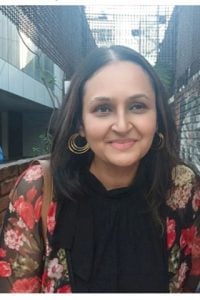
This article is part of a series of articles focusing on SUSE Documentation and the minds that create the manuals, guides, quick starts, best practices and many more helpful documents. The content of this article has been contributed by Amrita Sakthivel, Senior Technical Writer at the SUSE Documentation Team.
Bonjour mes amis, I am Amrita. 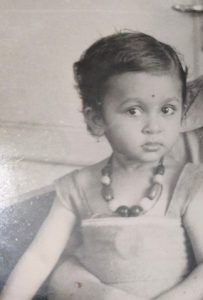 I am Indian by descent but an African by heart. My dad was a professor in Physics and Electronics, and he worked as an expatriate in Tanzania and Zambia, both well-known countries in Africa. I was born in Dar es Salaam, Tanzania, and brought up in Zambia.
I am Indian by descent but an African by heart. My dad was a professor in Physics and Electronics, and he worked as an expatriate in Tanzania and Zambia, both well-known countries in Africa. I was born in Dar es Salaam, Tanzania, and brought up in Zambia.
We were a small family of a younger brother and I plus two Dobermans. Over the course of time, we had rabbits, Guinea pigs, cats, birds, and an unwanted snake.
Growing up as an introvert
My childhood and teen years have been in Zambia, and I was obviously influenced by the culture. I could speak Bemba, which is one of the 72 languages in Zambia. There was a small community of Indian people whom we used to meet on a regular basis for occasions.

I spent my entire teens trying to find my identity and blend in with societal expectations. In the process I lost the true essence of me. It is only when I read Quiet: The Power of Introverts in a world that can stop talking by Susan Cain, I realized how important it is to be myself and, most importantly, to understand I am an introvert. I really identified with what I read and being authentic to myself.
I truly appreciate my upbringing I am a mix of both and very happy with that.
My true calling?
Growing up, I was not yet sure what I wanted to do. I ended up doing a Bachelor of Science in Land Economy. It was a five-year course and in the first year, I had to choose a specialization. Dad was keen on me doing Architecture but somehow, I struggled with layouts, diagrams etc. Thus, I chose Land Economy.
The path is never clear when one is a teenager. Post my degree, I went to India, Bangalore where I studied e-commerce. In 2000, it was a much in demand expertise and I ended up with a company named EASi, now known as Actalent. I worked there for one year. It was there that some colleagues recognized my flair for English and the written word. But at that point, I was not focused or serious.
Moving to the UK
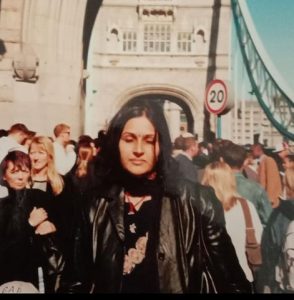 Then I moved to the UK and lived there for five years. During my first year, I worked in a retail company, specifically on their Web site on sales and orders. Daily I used to take the train and tube to commute from East Ham to Central London. It was a great experience working with people from diverse backgrounds.
Then I moved to the UK and lived there for five years. During my first year, I worked in a retail company, specifically on their Web site on sales and orders. Daily I used to take the train and tube to commute from East Ham to Central London. It was a great experience working with people from diverse backgrounds.
Writing is my true calling
Since my daughter was small, I worked as a freelancer for upwork.com mostly on content writing assignments.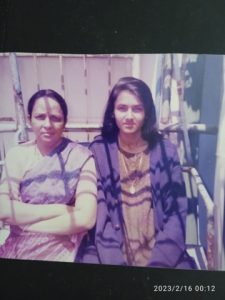
Since my childhood I have been a voracious book reader and fascinated by complex words. I went into full time work as a content writer when my daughter was old enough.
During a research phase, I came across ‘real technical writing’ and the more I read I got hooked. Thus, I decided to invest in a three-month tech writing course where I learnt all the ropes.
Introduction to Fedora, RHEL and OPEN SOURCE
The first time I heard about open source and Linux was when I joined Red Hat. I related so much to the principles of open source: collaboration, transparency, inclusive meritocracy and community. Being able to make a difference is what resonated with me. And Red Hat advocated open management principles and flat hierarchy.
As a technical writer, my platform was initially Red Hat Enterprise Linux. Then I switched to Fedora, and this was my first introduction to Linux projects and distros. Coming from a Windows background, using the bash shell was terrifying. But after three and half years of using it, I would never go back to Windows.
I worked on two products portfolios during my tenure; software defined storage and OpenShift Container platform – a platform to develop and build container applications.
My most notable achievement is contributing to the GA of the Agent Based Installer via documentation – and I was the only writer for the project. I learnt a lot from collaborating with the engineers, QE, product manager, content strategist, and all stakeholders.
One fine day I was contacted by a SUSE recruiter via LinkedIn. I was aware of SUSE before as well mainly because SUSE is Red Hat’s competitor in the Linux ecosystem. During the interview phase, I observed a lot of similarities between Red Hat and SUSE specifically as to open source and communities. I cleared the interviews and joined the SUSE documentation team at the beginning of March as a Senior Technical Writer for the products and solutions vertical for SUSE Linux Enterprise Server. And it feels like being part of the team since ages 😃.
What does a technical writer do?
Speaking from my experience, my job is to document a feature, technology or solution from the user perspective, so I must be aware of the user audience that I am targeting.
I must understand the workflow of this feature, technology or solution and the optimal usage of it. I also test the technology to be described in a simulated environment, currently on a virtual machine via KVM (Kernel-based Virtual Machine). Then I work on a draft content description. This is then reviewed by SMEs (Subject Matter Experts). And when my write-up is good to go, it finds its way into a guide, manual or article.
For my workflow I use:
- Bash Shell
- Git
- GitHub
- KVM
- VS-Code
My interests
I’m into art, specifically sketch notes as it’s very therapeutic. I listen to a mix of music and not any specific genre. I am a fan of Alan Walker and David Guetta. Growing up, I have been influenced by Snoop, Dr. Dre, Bon Jovi to name a few artists. I also like to read books and The fountainhead by Ayn Rand is an exceptional one. I am a cat lover and have a five-year-old Persian named Pluto. I am a mother to a teen, she’s 18 and getting into university in August.
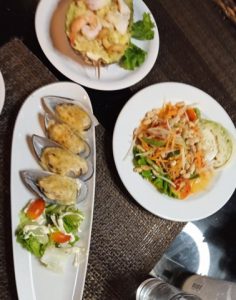 I love to travel to experience different cultures and ways of living. I have been to Zambia, Thailand, the UK and Ireland. Next on my bucket list is Vietnam. One day I hope to travel to my birth country, Tanzania and explore countries like Egypt and Turkey.
I love to travel to experience different cultures and ways of living. I have been to Zambia, Thailand, the UK and Ireland. Next on my bucket list is Vietnam. One day I hope to travel to my birth country, Tanzania and explore countries like Egypt and Turkey.
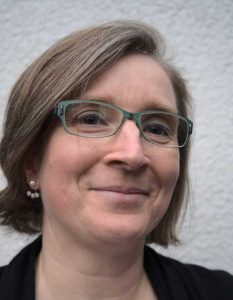

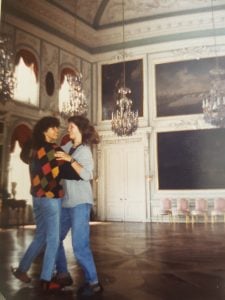
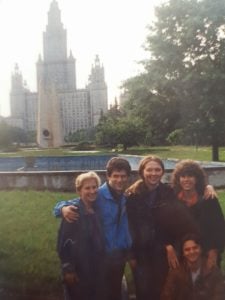
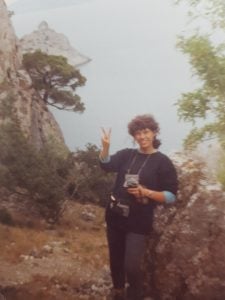
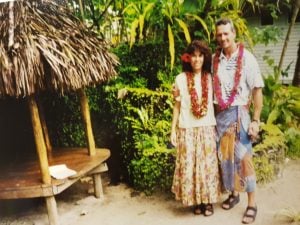
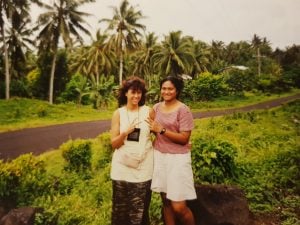
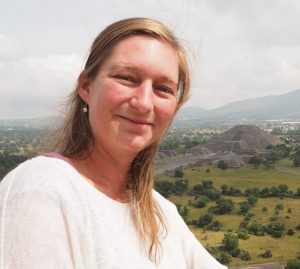
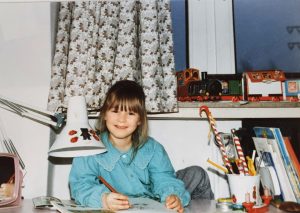
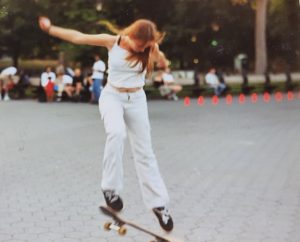
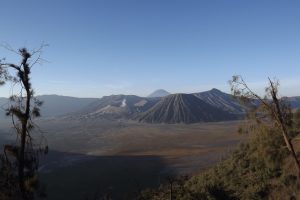
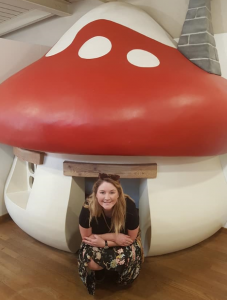
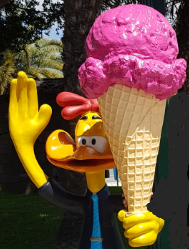 I lived in Brisbane my whole life until recently, attending primary and high school local to the area I lived in. My favorite subjects were English, Art, and Information Technology Systems (which was mostly learning to use the Adobe Suite, but it was all for the grand prize of a Cert 2 in Information Systems). My least favorite subject was Math, but I admittedly didn’t try very hard. As a child, I envisioned myself working at the local ice cream shop and eventually studying journalism. I loved writing and had been writing stories since I was about eight years old – mostly focused around the daily lives of my Lego characters. The only thing I was ever really sure about after graduation was that I’d go to university.
I lived in Brisbane my whole life until recently, attending primary and high school local to the area I lived in. My favorite subjects were English, Art, and Information Technology Systems (which was mostly learning to use the Adobe Suite, but it was all for the grand prize of a Cert 2 in Information Systems). My least favorite subject was Math, but I admittedly didn’t try very hard. As a child, I envisioned myself working at the local ice cream shop and eventually studying journalism. I loved writing and had been writing stories since I was about eight years old – mostly focused around the daily lives of my Lego characters. The only thing I was ever really sure about after graduation was that I’d go to university.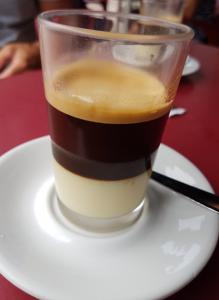 I started my first-ever job at the age of fifteen at a Brisbane-based coffee chain called
I started my first-ever job at the age of fifteen at a Brisbane-based coffee chain called 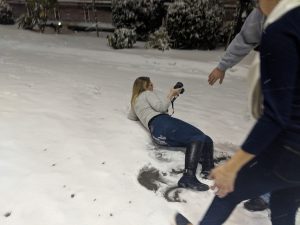 One of the best decisions of my career so far has been working for OpenStack. I’ve had the opportunity to become a large part of the community as Project Team Lead and an elected Technical Committee member, serving as vice-chair for the first six months of my tenure. I have learned so much and met so many smart and interesting people from varied backgrounds. Last year, I went to the Dublin Project Team’s Gathering (PTG) and the snow storm (“
One of the best decisions of my career so far has been working for OpenStack. I’ve had the opportunity to become a large part of the community as Project Team Lead and an elected Technical Committee member, serving as vice-chair for the first six months of my tenure. I have learned so much and met so many smart and interesting people from varied backgrounds. Last year, I went to the Dublin Project Team’s Gathering (PTG) and the snow storm (“
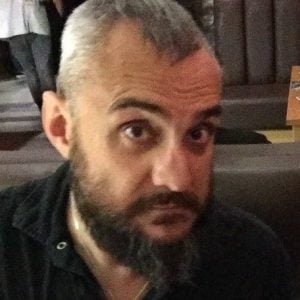 The content of this article has been contributed by Liam Proven, Technical Writer at the SUSE Documentation Team. It is part of a series of articles focusing on SUSE Documentation and the great minds that create the manuals, guides, quick starts, and many more helpful documents.
The content of this article has been contributed by Liam Proven, Technical Writer at the SUSE Documentation Team. It is part of a series of articles focusing on SUSE Documentation and the great minds that create the manuals, guides, quick starts, and many more helpful documents.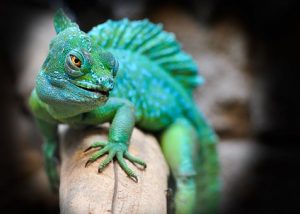
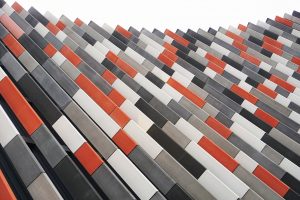
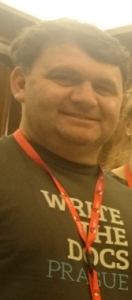 The content of this article has been contributed by Tomáš Bažant, Technical Writer at the SUSE Documentation Team. It is part of a series of articles focusing on SUSE Documentation and the great minds that create the manuals, guides, quick starts, and many more helpful documents.
The content of this article has been contributed by Tomáš Bažant, Technical Writer at the SUSE Documentation Team. It is part of a series of articles focusing on SUSE Documentation and the great minds that create the manuals, guides, quick starts, and many more helpful documents.
